While I can't write about the challenges of having Down syndrome, I can write about the challenges I've experienced as a parent raising a child who has Down syndrome. When Kayla is older and better able to understand a question like this, and articulate an answer, I am curious as to what she would say are her challenges related to having a disability.
Parenting any child, 46 chromosomes or not, presents challenges, but there are some specific challenges related to Kayla having Down syndrome and ADHD. I'll address what I feel are the 3 biggest ones at this stage in our lives.
1. Having to go through the whole IEP/special education process. Let me preface this by saying two things. One, I'm aware that it wasn't that long ago that kids with disabilities weren't allowed in schools to receive an education, so I'm thankful times have changed. Two, every IEP meeting and experience and school is different and I'm well aware that there are plenty of families who have good, well-received, pleasant IEP meetings. This has been my experience.
Just about every single IEP meeting we've had can be summed up in a single word: Stressful.
It has been absolutely stressful trying to make changes in a system that is set in its ways. It is stressful to spend hours upon hours researching and reading the myriad of information and websites on inclusive best practices, modifying curriculum and accessing the general education curriculum in a general education classroom. It has been stressful to narrow the resources down in an attempt to present ideas, websites, solutions to the IEP team only to have it not taken, or to have bits and pieces taken out of politeness but to feel like nothing is ever done with the resources presented; nothing feels like it is being followed up on. It is stressful to feel like you are getting nowhere and that nothing is changing.
It has been challenging and stressful to try to plan ahead for Kayla's school years ... to envision now for what we want later for her in high school. It feels challenging because we don't have to do any of this with Lucas. Besides the standardized testing that all students go through we don't have to subject Lucas to as many evaluations and reports and scrutiny.
2. Academics. Kayla struggles with academics. She struggles with reading, math, spelling. I know repetition is so, so important for kids with Down syndrome, but it can be downright frustrating to repeat over and over and over and over the throught process of adding +1 to a number. I am constantly saying, reminding, hinting, and telling her, "You're just adding ONE more; it's 5 plus ONE more; it's just the NEXT number; 5....etc." Yet she still can not independently think to herself that 5+1=6. She has not memorized math facts (except 0s,). She needs prompting. The math resource teacher has been using Touch Math with her for the last 2 years. I've heard plenty of other kids with Down syndrome have been able to learn to do math with Touch Math, but I don't feel like Kayla is getting far with it - at least not independently.
The school seems to feel like she is getting the hang of it and making progress with it but I don't see it at home. (And the reverse is true where I see her successfully using a calculator at home and they say she doesn't use it well at school.)
Example for Touch Math: If she is presented with 5+3 these are the steps she should take: identify that 5 is the larger number and start her counting by saying "FIVE". Then either use a pencil to put her 'touch points' on the three, or use her finger to touch the places on the 3 where they should be and continue counting on from 5, "6, 7, 8." I don't see her doing this independently. Given a math problem at home she looks at the problem and just blurts out any random number without any thought process behind it. I have to remind her to use her touch points. I have to put my finger on the bigger number (if it's during one of my more patient times I will ask her which number is bigger), I have to remind her to start with 5 and I usually put my finger on the 3 and touch the three points. Sometimes she'll do that herself, other times, on a larger number (starting with 6) the touch points are doubled. If we're doing something on the computer and she can't visually see the points on the 6 she doesn't seem to know how to tap the 6 six times. I find Touch Math confusing and too many steps for her to remember. But what do we start over with now?
She is not like many kids with Down syndrome I know who do well with spelling or reading, either. So yes, Kayla struggles mightily with academics.
3. This challenge could be partly because of Down syndrome, but because she has been diagnosed with ADHD too I will attribute it to that. Impulsive behavior is challenging and frustrating for me. The definition of impulsive:
| 1. | characterized by actions based on sudden desires, whims, or inclinations rather than careful thought |
| 2. | based on emotional impulses or whims; spontaneous |
It's enough to make me want to pull my hair out.
So these are my struggles and challenges with Kayla right now.
Feel free to join the blog hop and share your challenges related to disability.



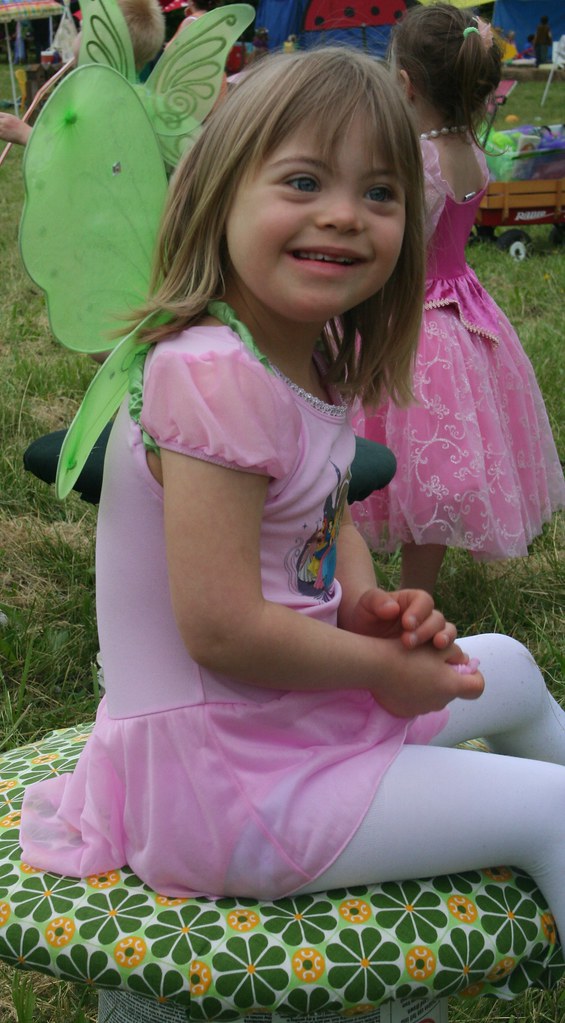

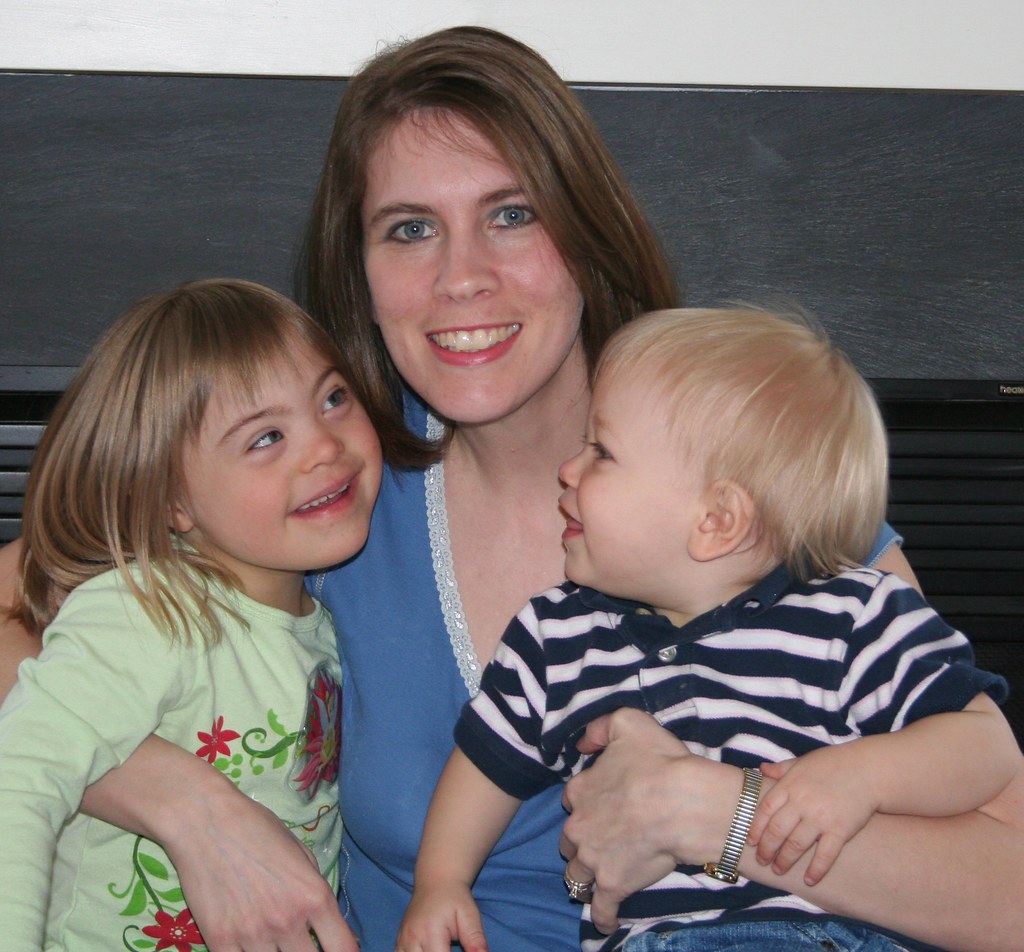
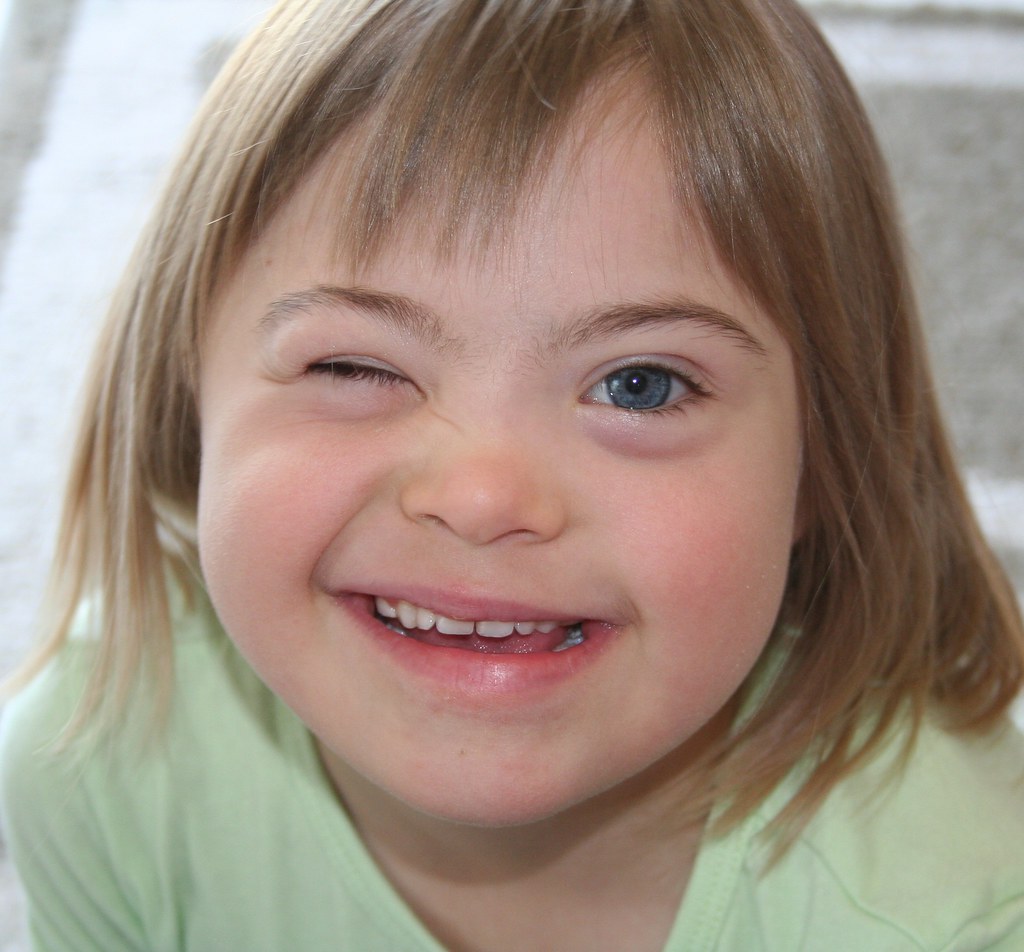

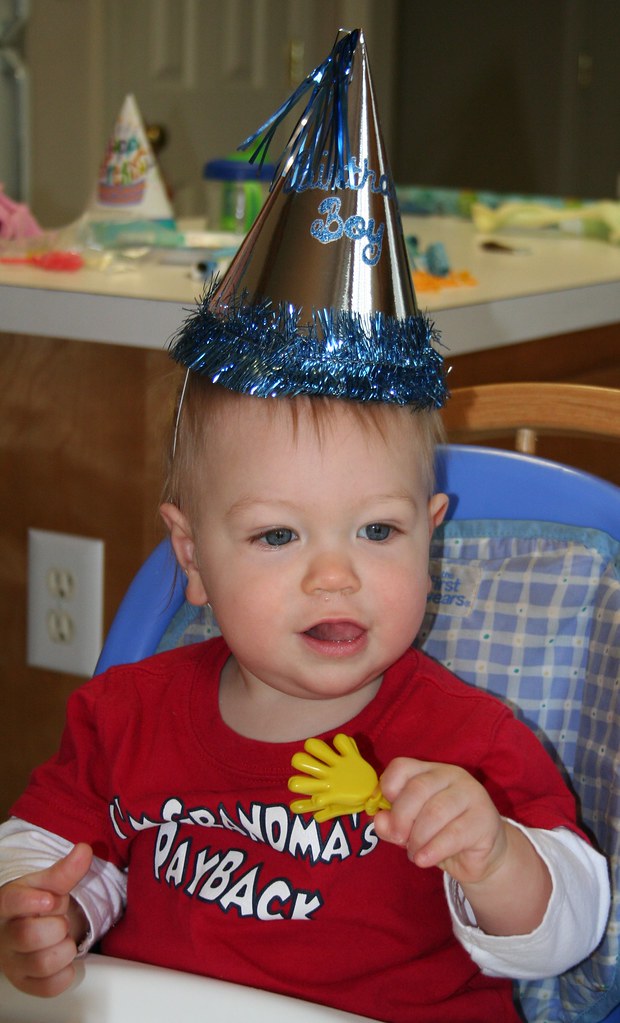



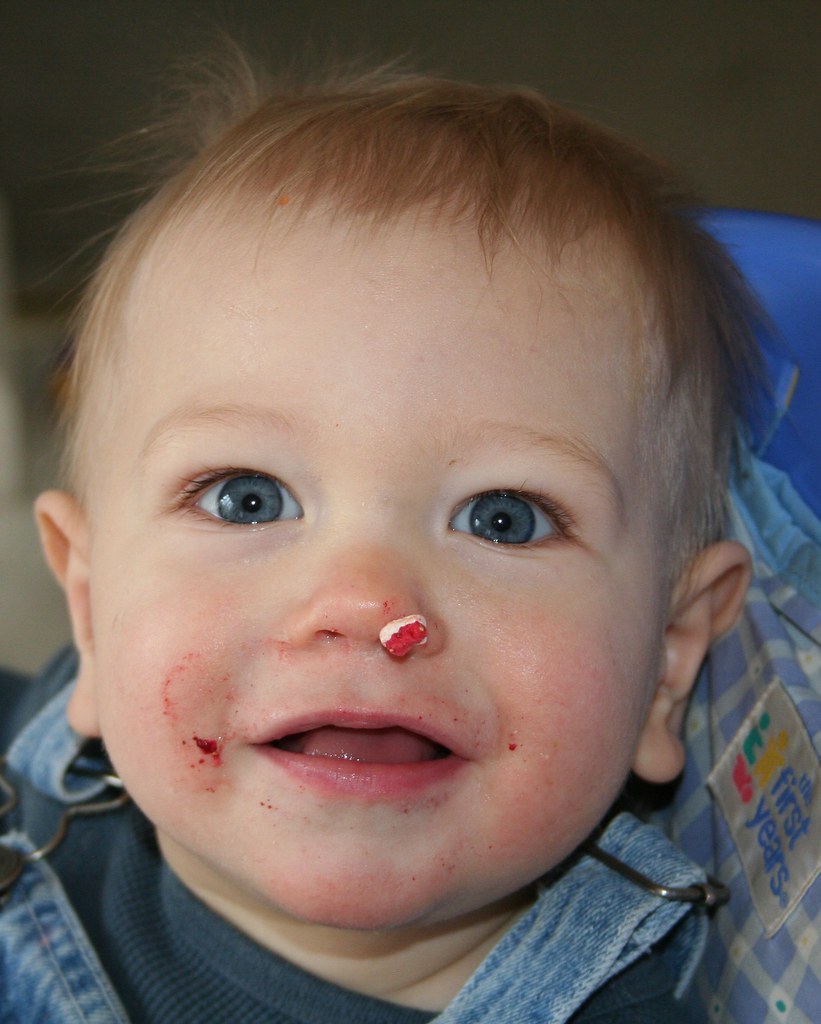

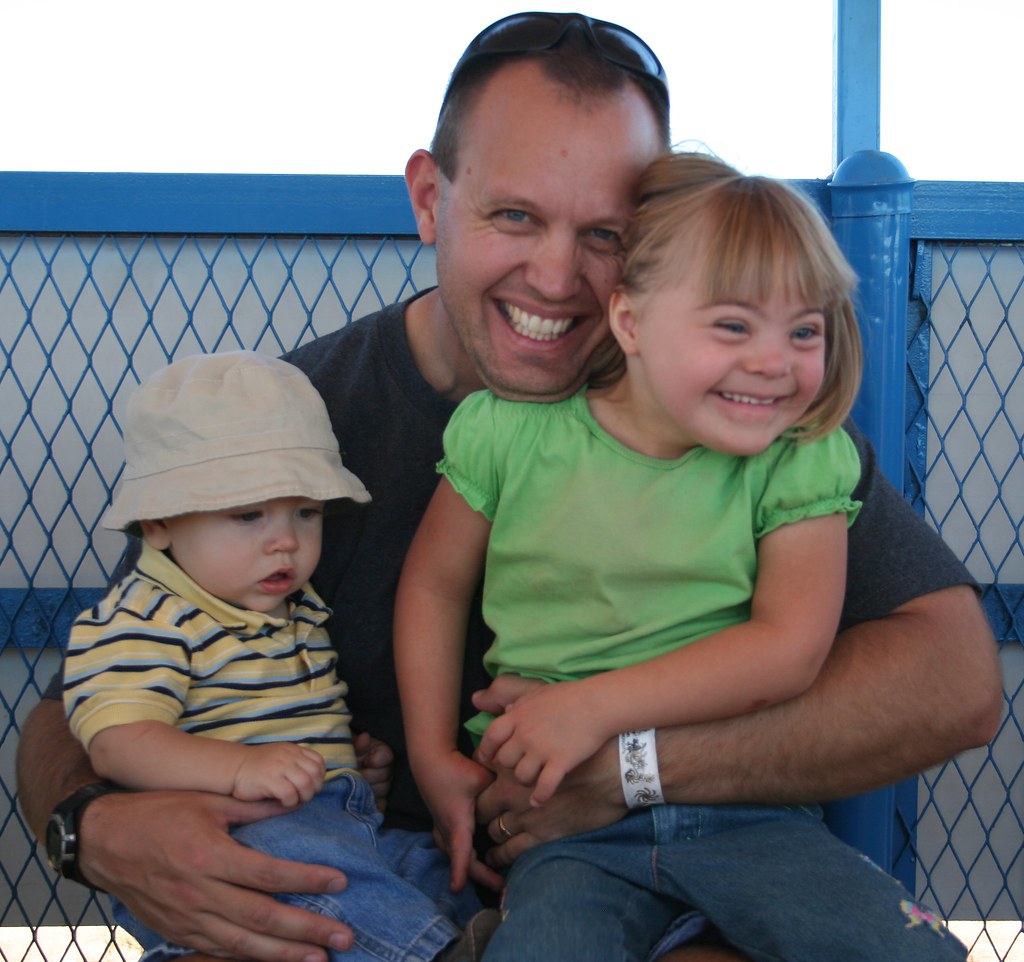
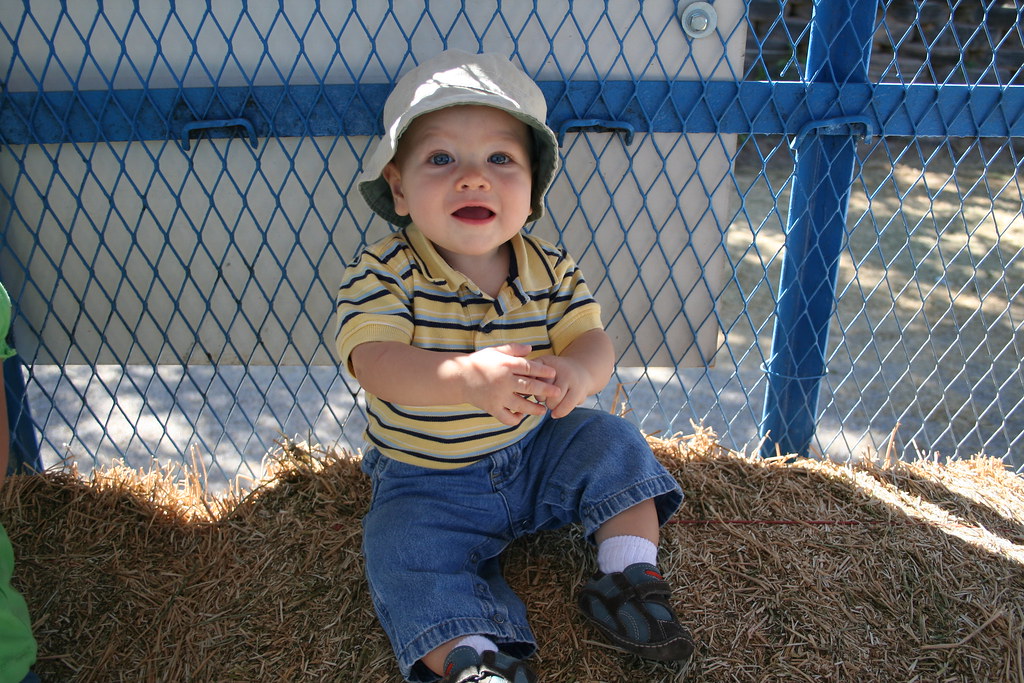
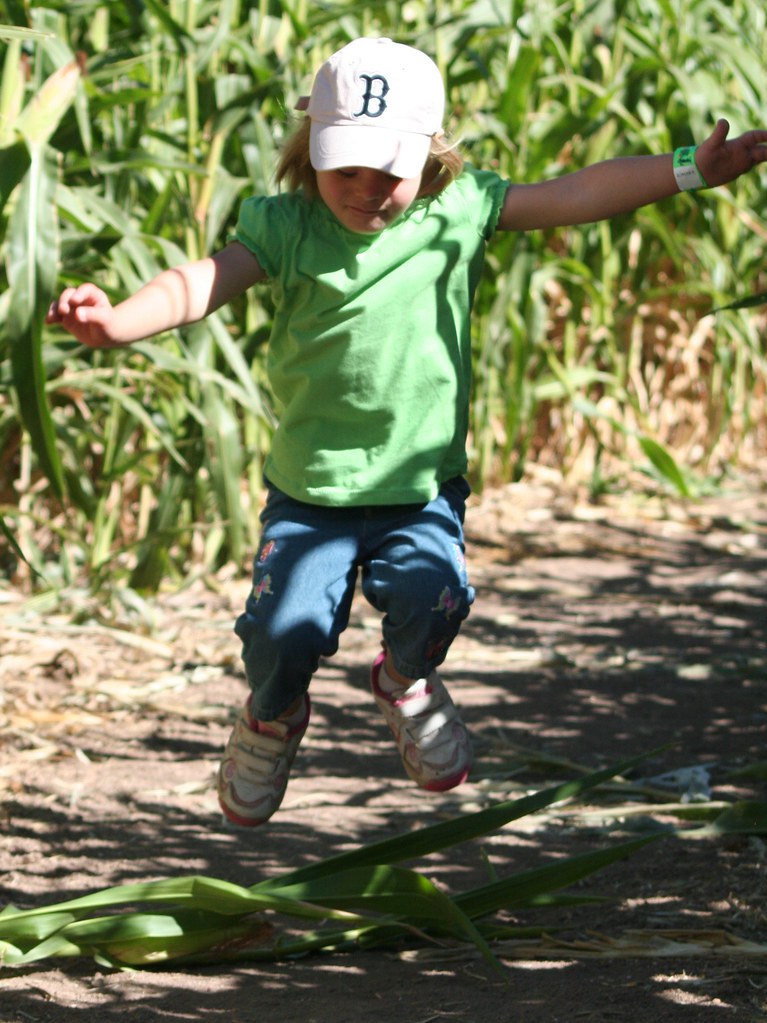
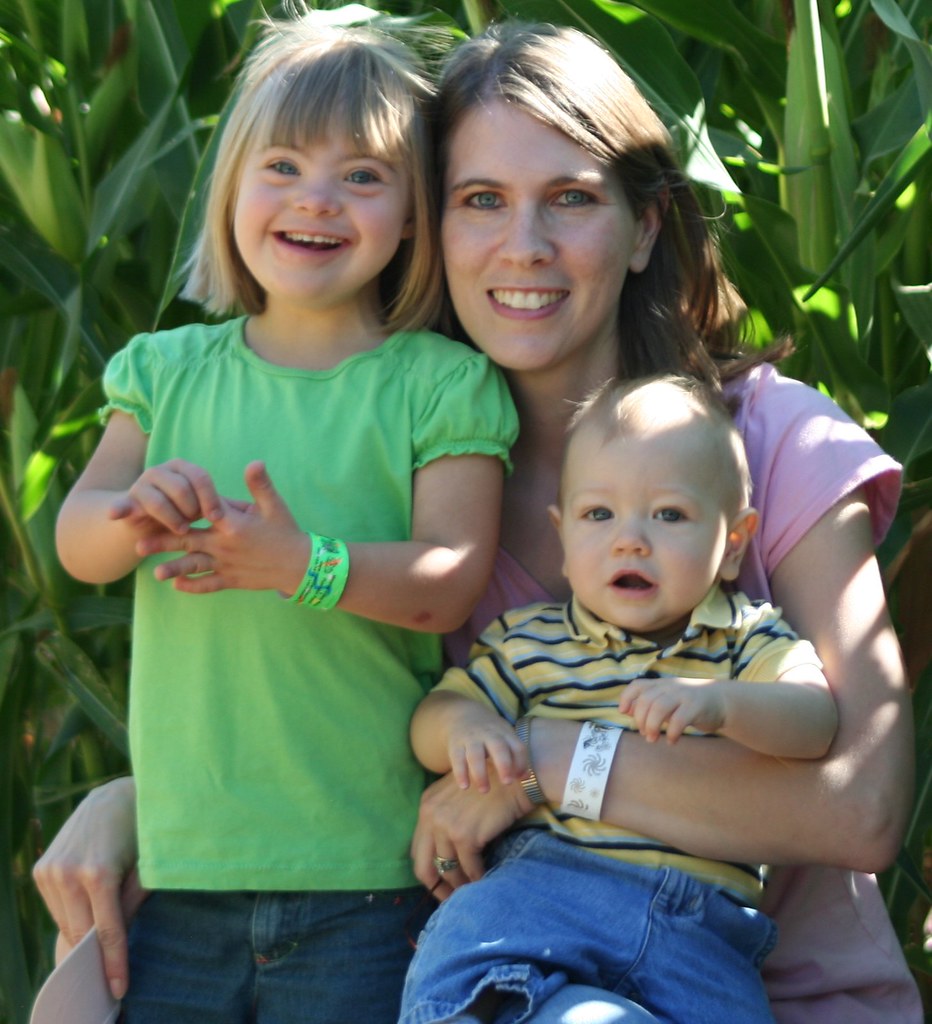


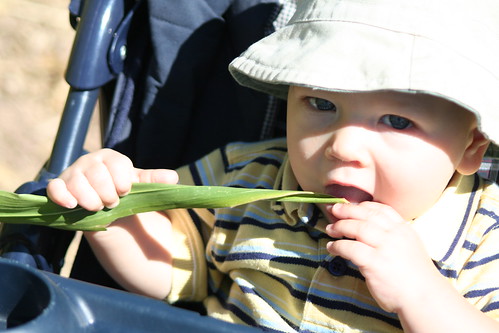
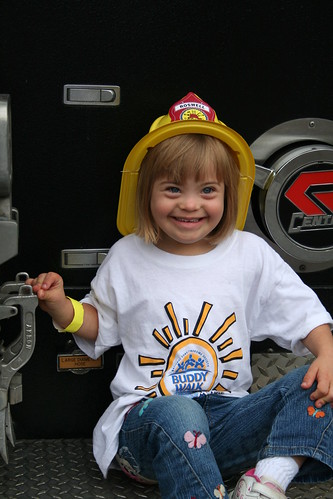
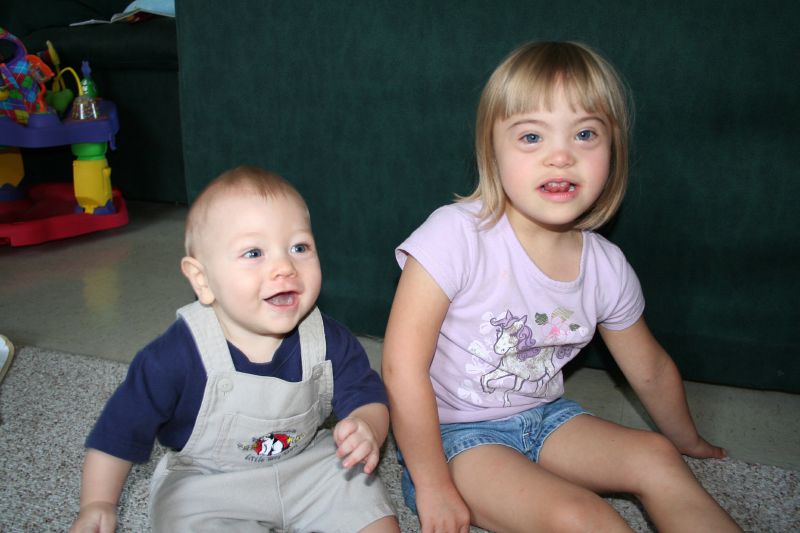


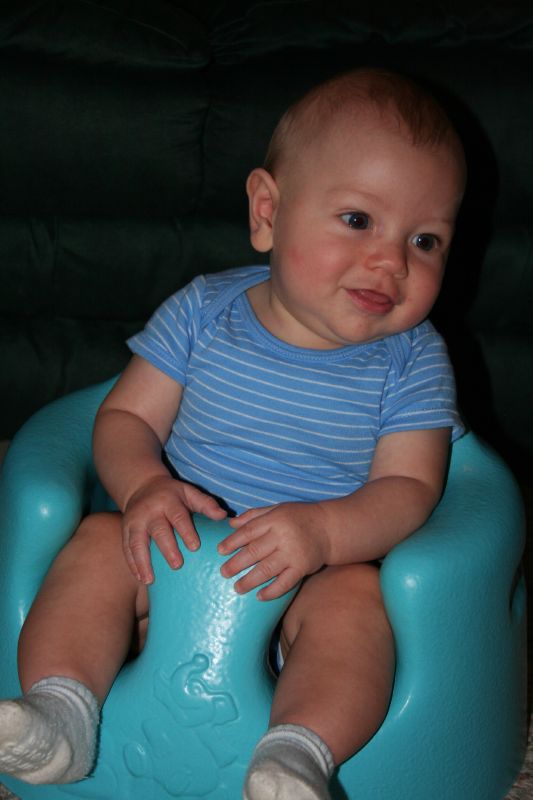

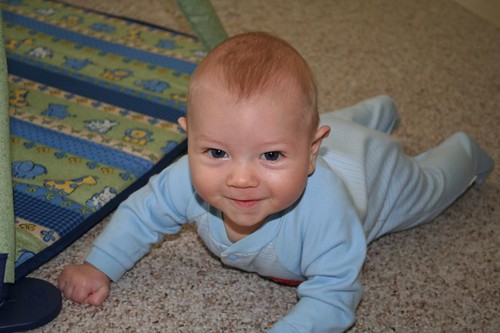


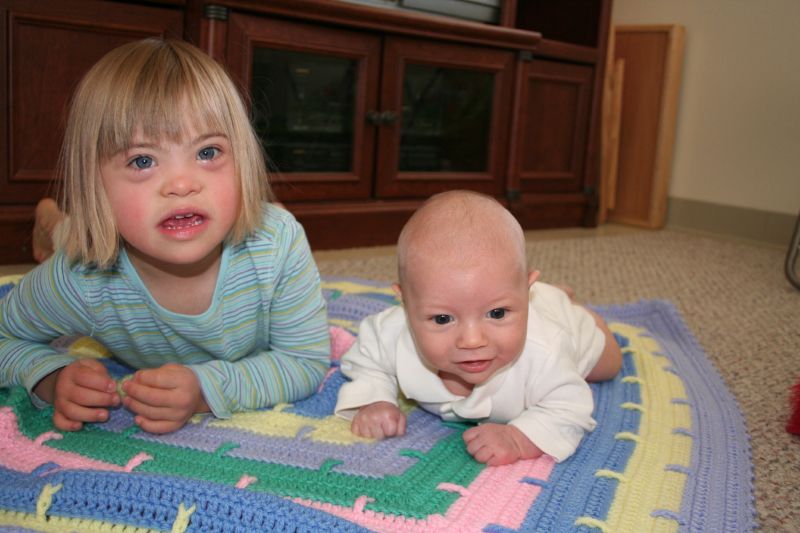

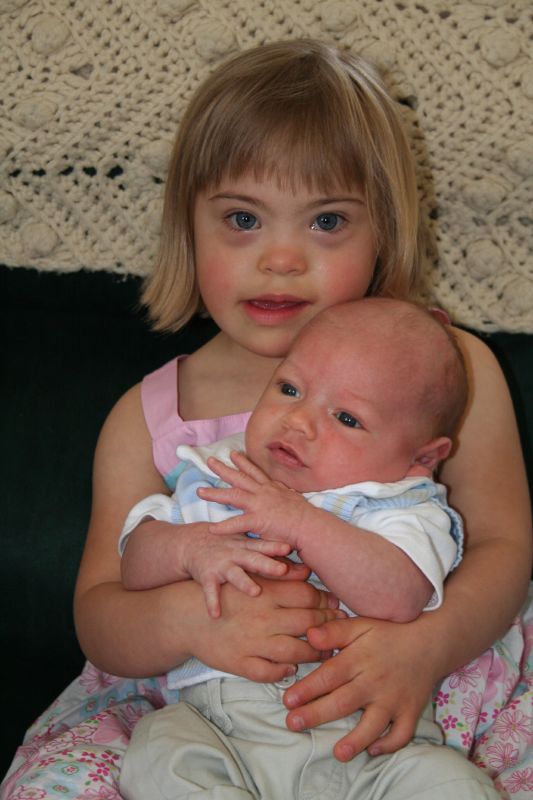

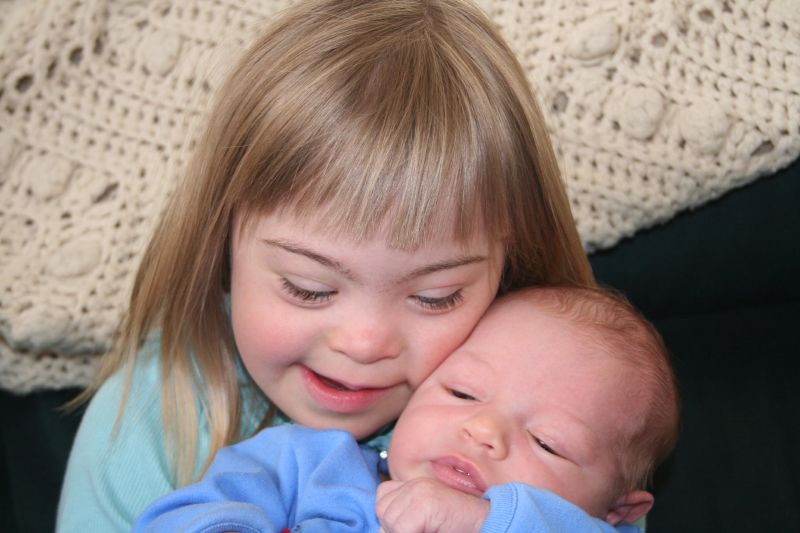
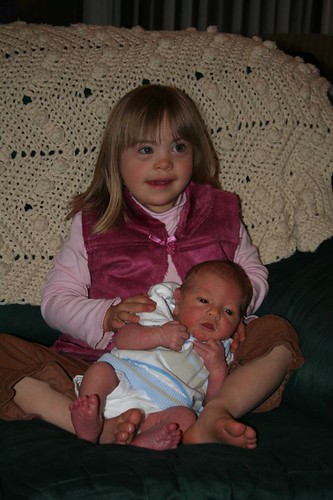
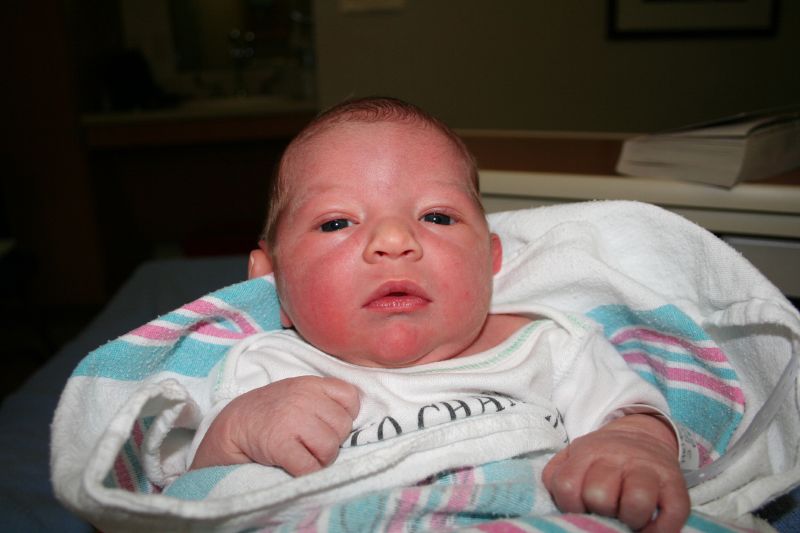
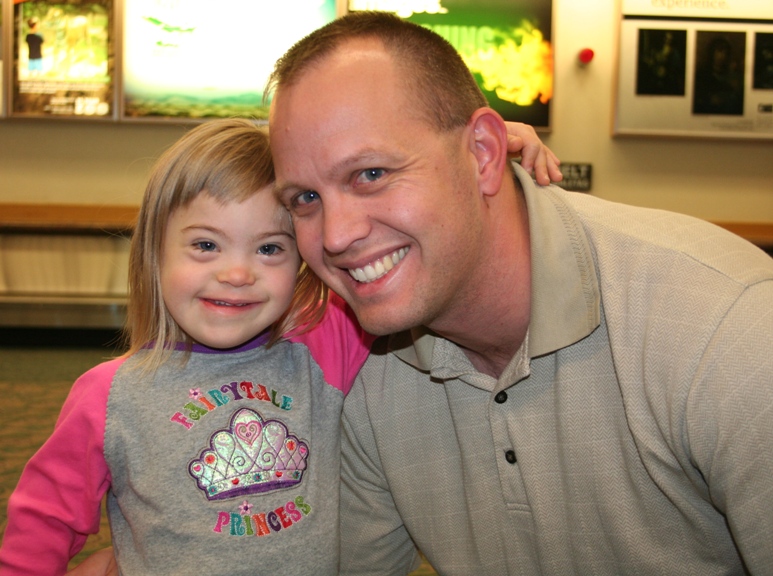

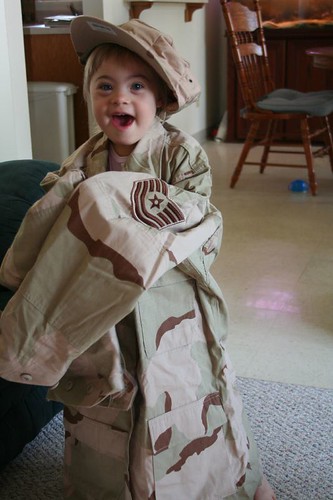


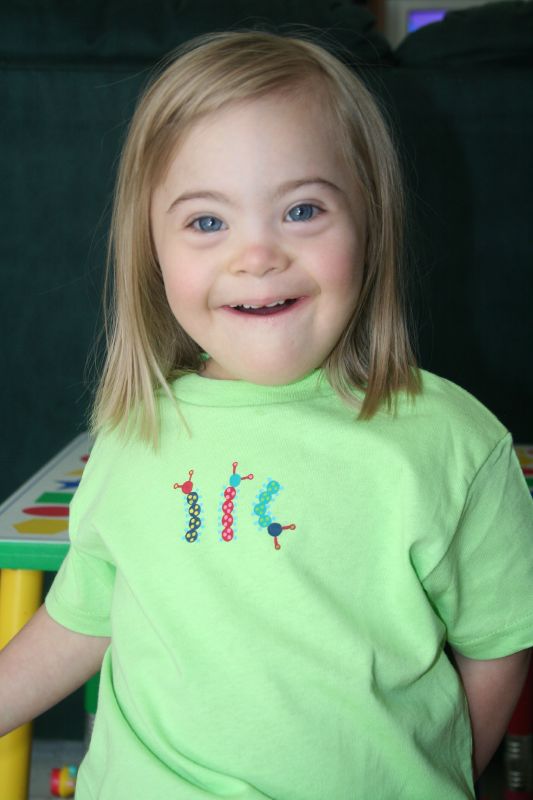
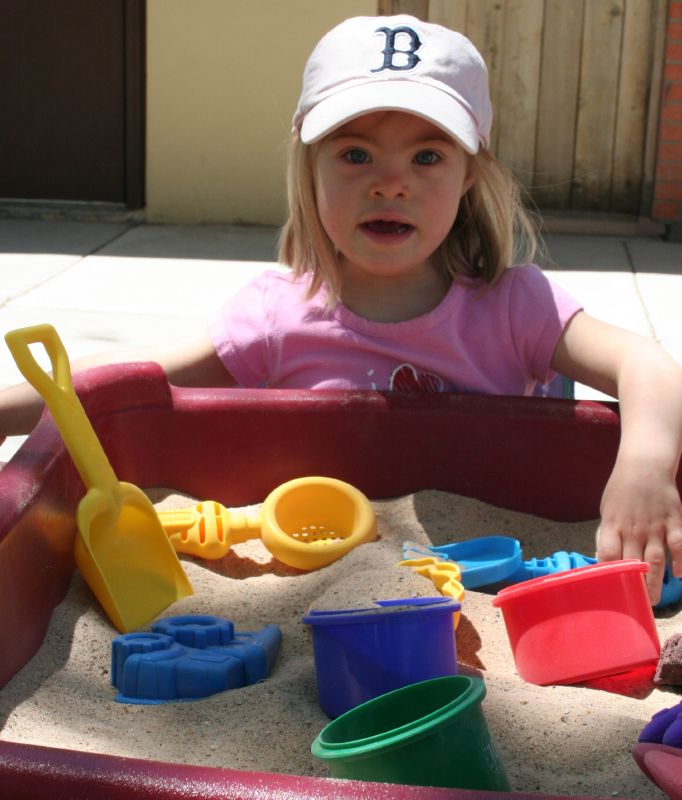







2 comments:
Michelle,
Did you tell me that Kayla was not treated for her ADHD? Have you considered looking further into that? If you're unsure, there are natural treatments you can try first. Go to your local natural supplement store and ask them. It might be enough for Kayla.
Good luck, and hugs to you!!
Peg
Cason's mom
I'm semi-decent at math, but I hate it. An autism stereotype is a love and talent for math. For me and many others, it triggers a neurological response similar to a response to physical pain.
Post a Comment